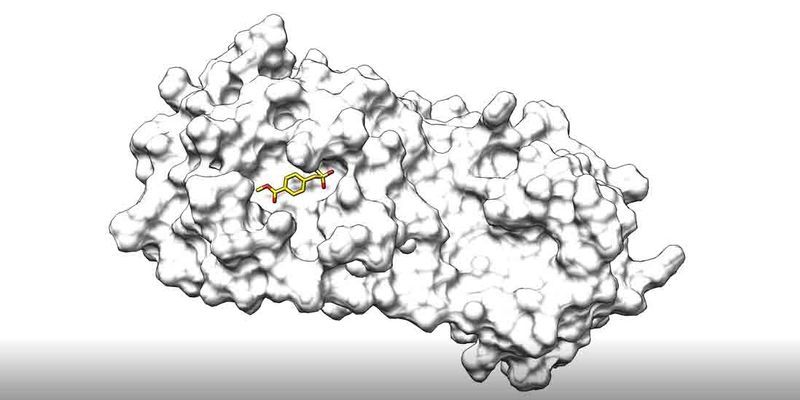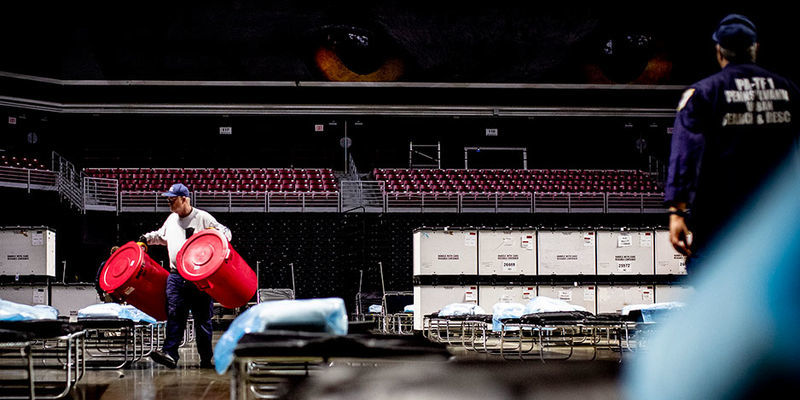Evolutionary biologist: So far, COVID-19 is genomically stable
CST’s Sergei Pond keeps close watch over any changes to the virus.

As researchers around the world search for safe and effective drug treatments and vaccines, SARS-CoV-2, the virus that causes COVID-19 appears to be very stable in terms of its genomic, or complete DNA, makeup.
“At least at the moment, the SARS-CoV-2 virus is very homogenous and stable globally as it passes through the human population,” said Sergei Pond, professor of evolutionary genomics and a researcher with Temple University’s Institute for Genomics and Evolutionary Medicine. “That lack of significant change has tremendous significance for researchers looking to target the virus with potential drug treatments and vaccines.”
Pond, who is also a member of the Department of Biology, bases that conclusion partly on data gathered by the Global Initiative on Sharing All Influenza Data (GISAID), a German-based, public-private partnership that, as of May 7, had made more than 17,000 SARS-CoV-2 genome sequences available to researchers.
Pond's big-data analysis of the GISAID genome database indicates that, even though each virus genome contains approximately 30,000 different positions, any two randomly selected individual genomes only have eight to 10 different positions—an extremely small number—that indicate evidence of mutations.
“Given that most mutations have no effect and often aren’t transmitted, this should make it relatively easier to create an effective vaccine,” said Pond.
Since 2007, Pond has contributed to the ongoing development of the Galaxy Project. Partially funded by the National Science Foundation, the open, web-based platform for computational biological research is a joint project of Pennsylvania State University, Johns Hopkins University and the Oregon Health & Science University.
Using the Galaxy Project’s powerful software tools, Pond says he and his research collaborators will be watching for any changes in the virus during the next six to 12 months that could indicate it is evolving in a clinically significant way. “We will continue to look for any evidence that, in the wake of defensive responses by the human body, the virus is adapting or changing,” said Pond.
That will involve looking for any evidence of natural selection occurring; how frequently mutations are occurring over time; variations of the virus within individual humans; and any instances of mutations occurring at the same genomic positions as previous corona viruses, such as SARS or MERS.
Any such significant findings, says Pond, could help fine-tune the development of COVID-19 drugs and vaccines.
—Bruce E. Beans



